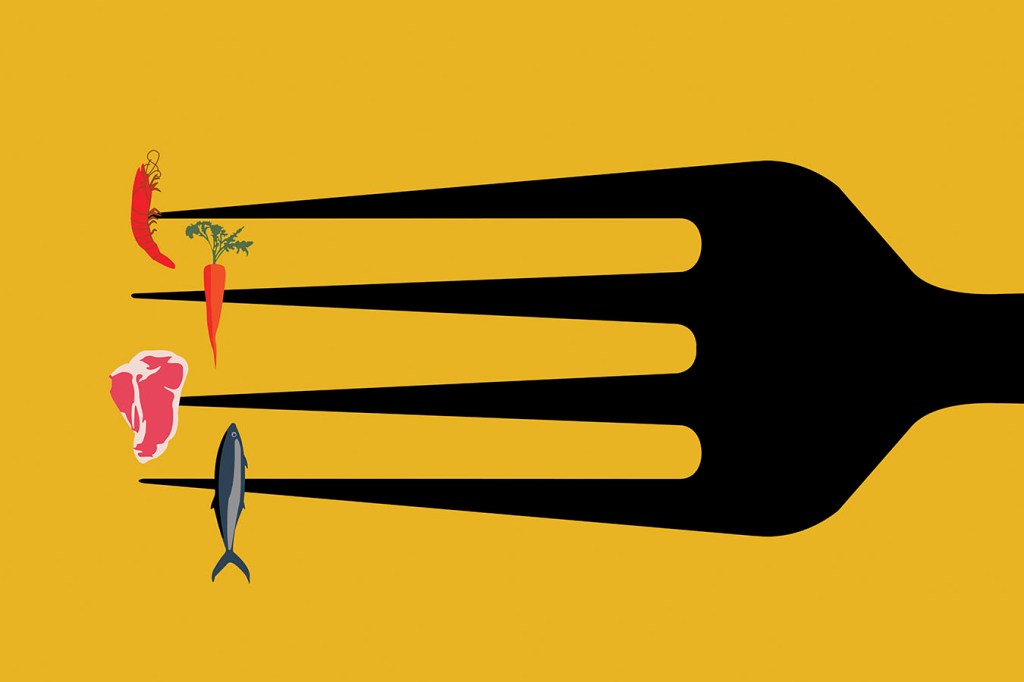Aging Muscle Mass and Diet
"The more muscle you have, the higher your metabolism.""If your muscle reduces, so does your metabolic rate."Nutritionist Kim Person"There is some evidence linking red meat with higher rates of inflammation, which can have a negative impact on muscle health. Our research showed the importance of eating high-quality protein, including from plants, rather than just larger quantities.""High-quality protein sources are easily digestible and high in essential amino acids especially leucine, [particularly important for stimulating the rate at which the body transforms dietary protein into muscle, improving strength].""It's crucial to add resistance exercise alongside increasing protein intake [to build muscle as well as reverse age-related slower pace as protein intake stimulates muscle growth]."Researcher Mary Ni Lochlainn"The body can break down existing muscle tissue to make enzymes, hormones and immune system proteins.""Adults over 50 need 1-1.2g per kg of body weight of good quality protein every day for optimum health."Priya Tew, Dietitian U.K.

There is a three to eight percent loss of muscle mass after age 30, and for every decade following, a rate of decline that becomes more rapidly pronounced following age 60. Muscle quality and strength als decline from age 50. Which leaves the potential for a muscle-weakness condition called sarcopenia, a risk factor for frailty and falls that can surface as early as age 65, affecting most people to some degree by age 75, particularly those who are sedentary.
 |
| Photo: Annabelle Breakey/Getty Images |
As we age it becomes more difficult to build muscle mass and strength when a diet lacks adequate protein. Consuming more protein is also useful in preventing mid-life spread. As well, at age 40 the body's ability to turn protein into muscle begins to fade, and more protein is required from diet than during the younger years. It is not known precisely by science why we become less efficient at synthesizing protein into muscle with age, but for women it is hypothesized there is a linkage to menopause. Changes in gut microbiome are suspected as causation in both sexes.
Improved muscle function was demonstrated in one study for over-65s, following a microbe-boosting prebiotic supplement rich in the soluble fibre inulin, a soluble fibre found in leeks onions, asparagus, wheat, garlic, oats, soy and Jerusalem artichokes. Protection against osteoporosis may link to sufficient protein intake. People with the highest protein intakes have a lower risk of hip fractures, according to one study.
Older people suffering from "acute or chronic illness", according to the European Society for Clinical Nutrition and Metabolism, should aim for 1.2 - 1.5g of protein -- temporarily higher intakes of up to 2g recommended for people suffering from severe illness, or recovering from injury or surgery. In good health, weighing 140 pounds, 63-75g of protein daily is ideal, which can be found in two large chicken breasts and an egg or two. (No food is entirely protein; a quarter-pound 113g burger of 90 percent beef has 18g of protein.)
 |
| (Nick Lowndes/Ikon Images/Getty Images) |
We should consume around 25 - 30g of protein at each of our three daily meals to optimize muscle, suggests researchers from University of Sheffield. Adding an egg (6g protein), smoked salmon (18g protein in 100g of salmon), Greek yogurt (15g per 150g of yogurt), nuts (6g in 23 almonds) or half a can of beans on two slices of whole wheat toast (17g) and a 250ml glass of milk (9g) are all useful alternatives alternatives for protein intake at breakfast.
Leucine, which stimulates the rate at which the body transforms dietary protein into muscle, also helps to regulate blood sugar, produces growth hormone and may assist with weight control. Leucine must be obtained from food since the body cannot make it; salmon, chickpeas, nuts, eggs and brown rice are rich in leucine.
According to studies, as long as people eat enough protein, a vegetarian diet can be as effective as one containing meat. Rich sources of plant proteins include nuts and seeds, lentils, soy, peas and beans.
Labels: Aging Muscle Mass, Increased Protein Consumption, Quality Protein

0 Comments:
Post a Comment
<< Home